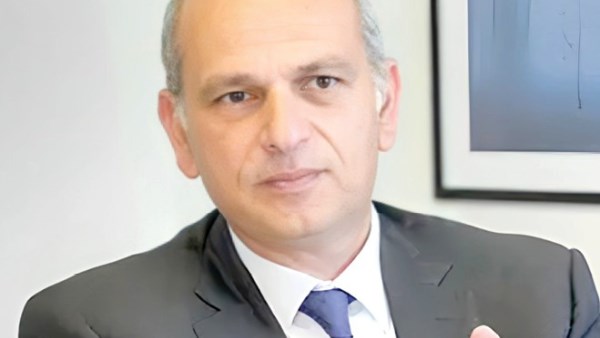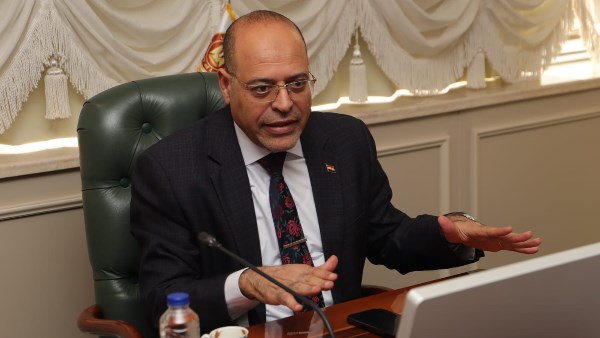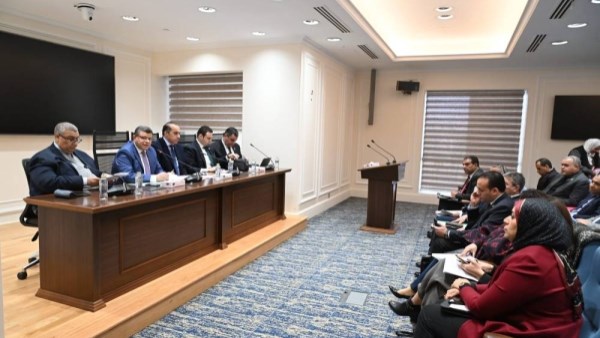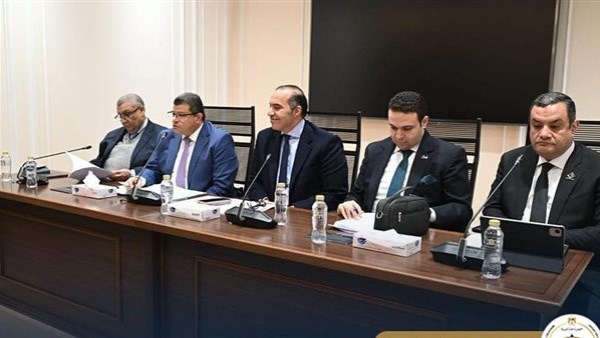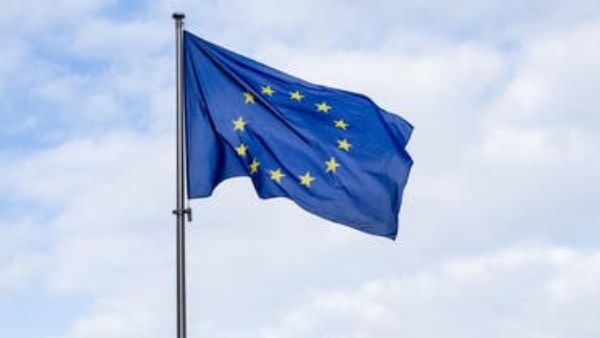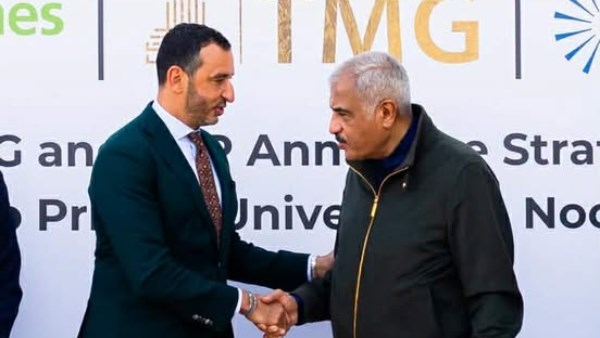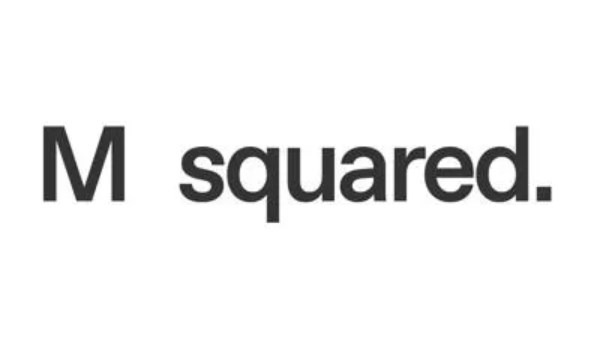
Russia has a clear interest in developing alternative financial structures
Russia pushes for BRICS clearing, depository system to sidestep the West

Russia has set out proposals for a unified depository and clearance system for BRICS countries, as it seeks to persuade member nations to deepen financial cooperation without the involvement of the West.
Russia argued for integrating the depositories of member states under a so-called BRICS Clear umbrella as part of its presentation for this week’s summit in Kazan, according to a person who saw the document, asking not to be identified because the matter isn’t public. The aim would be to ensure uninterrupted cross-border securities transactions as an alternative to the Euroclear and Clearstream systems, the person said.
President Vladimir Putin is hosting the first summit since BRICS expanded to nine members in January, with the United Arab Emirates, Iran, Egypt and Ethiopia joining Brazil, Russia, India, China and South Africa in the organisation. He said on Wednesday that the group’s development showed that a “multipolar world” is emerging, in a challenge to the existing US-dominated global order.
The Russian Finance Ministry didn’t immediately respond to a request to comment.
While it’s technically feasible, there’s little sign most BRICS members beyond sanctioned Russia and Iran are interested in joining a common depository, said Oleg Vyugin, a former top Bank of Russia official.
“Most BRICS countries have great economic ties with the Western world,” he said. They won’t want to separate from it.”
Russia has a clear interest in developing alternative financial structures to bypass unprecedented sanctions imposed by the US and its Group of Seven allies after Putin ordered the February 2022 full-scale invasion of Ukraine.
Its biggest banks were cut off from the SWIFT payment system and Russian accounts in international depositories were frozen. Euroclear alone holds about €173 billion (RM810.1 billion) related to sanctioned Russian holdings, including immobilised assets of its central bank.
Russian businesses also face growing difficulties with cross-border payments for imports and exports, including with China, India and Turkey, as foreign banks grow increasingly wary of the risk of secondary US sanctions. That’s motivating the Kremlin to push for an alternative payment system within BRICS, based on national currencies.
While Russia hasn’t yet disclosed how BRICS Clear would work in detail, Finance Minister Anton Siluanov said in an interview to RBC before the summit that it would be based on distributed ledger technology.
Alternative payment systems “may not provide the immunity from sanctions that is anticipated,” said Tom Keatinge, director of the Centre for Finance and Security at the Royal United Services Institute in London. “With the US — and increasingly the UK and the EU — developing sanctions and export control mechanisms that have extraterritorial reach, Western sanctions could still have an impact.”
Officials from central banks of BRICS states next plan to discuss the unified payment system in December, according to the person familiar.
While the process is challenging and slow, as individual countries have different technological and security protocols as well as laws and financial regulations, a partially integrated payment system is a possibility and could boost trade between BRICS members by 5-7%, the person said.





-1120252475029447.jpg)




